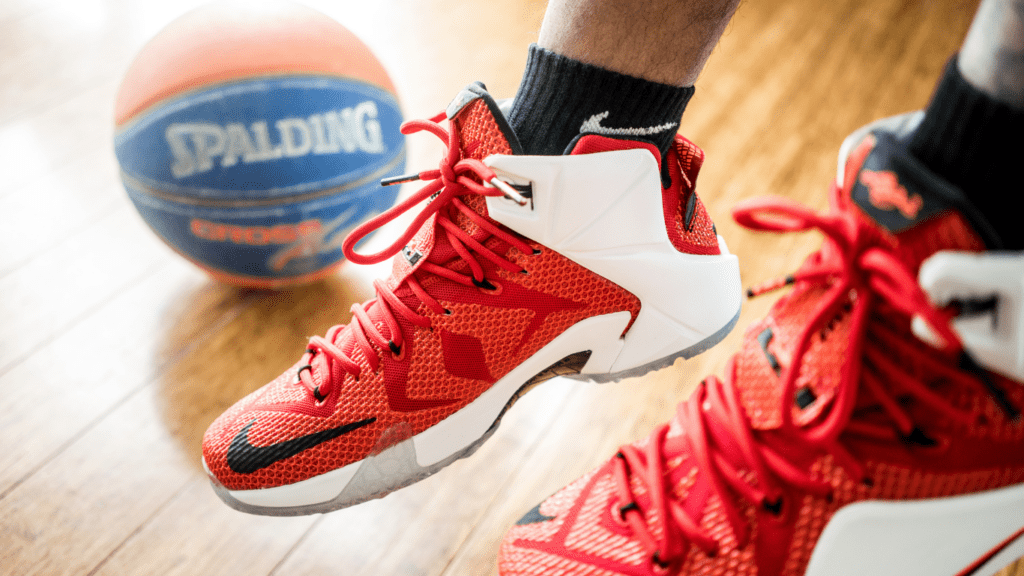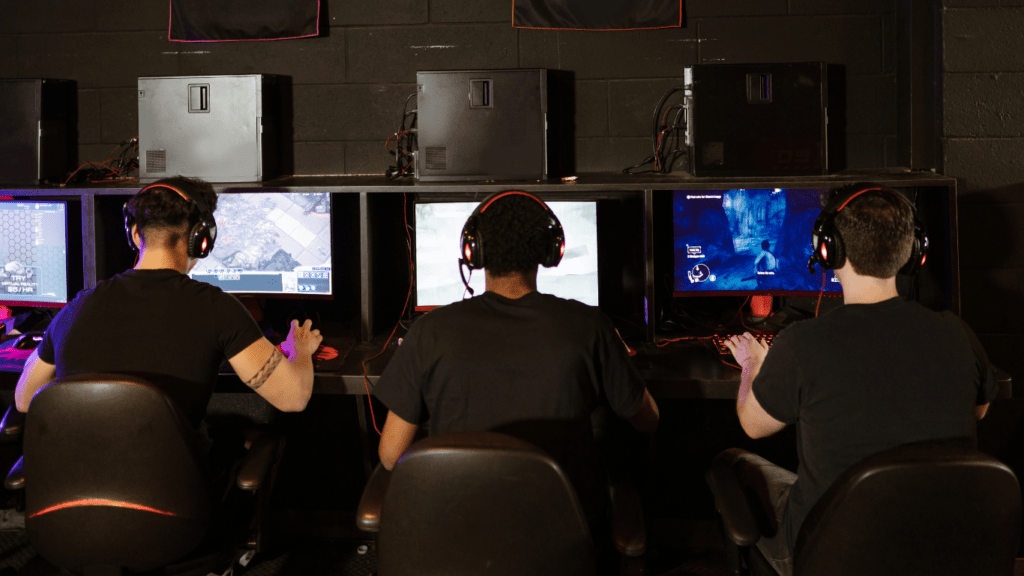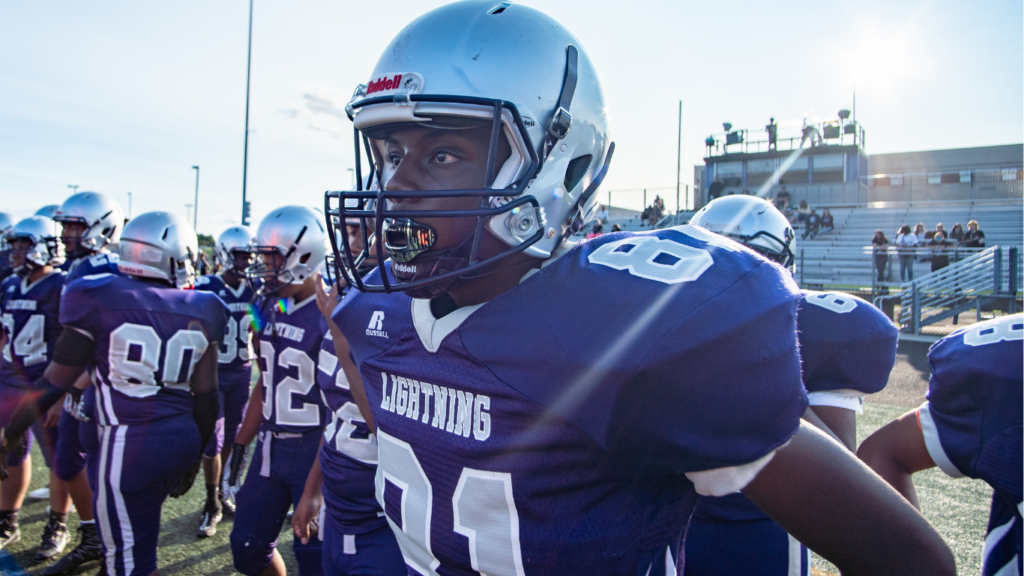Understanding Sponsorship in Sports
Athletes often enter into sponsorship agreements that benefit both parties. Sponsorship in sports boosts athletes’ visibility and brand associations.
Definition of Sponsorship
Sponsorship involves a mutually beneficial partnership between athletes and companies where athletes receive financial or material support in exchange for promoting the sponsor’s brand. This relationship extends beyond monetary gain, allowing athletes to leverage brands’ platforms and resources for enhanced public engagement.
Historical Context and Evolution
Historically, sponsorship in sports began as simple financial assistance to athletes. In the early days, companies mainly focused on logo placements during events. Over time, this evolved into sophisticated partnerships where athletes become brand ambassadors. The arrival of social media further transformed these relationships, enabling real-time interaction and heightened brand visibility.
Benefits of Sponsorship for Athletes
Sponsorship has a transformative impact on athletes’ careers. Aligning with sponsors brings financial gains and elevates athletes’ visibility and brand recognition.
Financial Support
Sponsorships provide essential financial backing, allowing athletes to focus on their performance and career progression. These funds often cover training expenses, travel costs, and equipment, offering stability and reducing financial burdens. For example, top-tier athletes often receive lucrative endorsements, enabling them to reinvest in their development and enhance their competitive edge.
Enhanced Visibility and Recognition
Brand partnerships elevate athletes’ profiles, increasing their appeal and audience reach. Sponsors often feature athletes in campaigns, granting exposure across various media channels. This visibility not only enhances their fan base but also strengthens their marketability. For instance, athletes associated with global brands frequently gain international recognition, expanding their influence and brand strength.
Opportunities for Career Development
Sponsorships open doors for career growth beyond competition through networking opportunities and skill expansion. Athletes often engage in:
- speaking events
- media appearances
- business ventures
through these partnerships. This exposure helps develop new skills and career pathways, such as public speaking or entrepreneurship, paving the way for post-athletic careers.
Challenges and Risks of Sponsorship Deals
Sponsorship deals play a crucial role in shaping athletes’ careers, yet they come with inherent challenges and risks. Understanding these factors enables athletes to navigate partnerships effectively.
Brand Alignment and Image Concerns
Athletes risk compromising their brand if sponsors’ values don’t align with theirs. Incompatible partnerships can alienate fans, leading to a loss of trust. Ensuring that sponsors’ ethos matches personal beliefs strengthens authenticity. For example, an athlete promoting a product that conflicts with their public image can create credibility issues. Staying true to one’s values affirms integrity and preserves brand reputation.
Contractual Obligations and Limitations
- Sponsorship deals often include strict contractual obligations, limiting athletes’ autonomy.
- Sponsors may dictate endorsement activities or restrict engagement with competing brands.
- This may constrain athletes from pursuing other interests or collaborations that don’t align with the sponsor’s demands.
- An inflexible contract can hinder an athlete’s ability to project their brand freely.
- Carefully reviewing terms before committing ensures that partnerships support rather than stifle personal growth.
Strategies for Building Strong Personal Brands

Athletes can benefit greatly from sponsorships when these partnerships help strengthen their personal brands. By employing strategic approaches, they create lasting impacts in their respective fields.
Authentic Engagement with Sponsors
Successful athletes engage authentically with sponsors to build trust and credibility. Actively participating in brand campaigns, sharing genuine stories about product use, and incorporating personal experiences help create a stronger connection with audiences. For example, when an athlete shares a personal success story connected to a product, fans appreciate the authenticity and often engage more with the brand’s message.
Leveraging Social Media Platforms
Social media platforms offer athletes unparalleled opportunities to enhance their personal brands. Consistently sharing content that highlights both their athletic achievements and day-to-day life increases visibility and engagement. By using tools like Instagram Stories or Twitter threads, athletes reach wider audiences and sustain interest by showcasing sponsored content alongside personal insights, maintaining a balanced narrative.
Maintaining Brand Consistency
Consistency is key when establishing a personal brand. Athletes who align sponsorships with their core values ensure a coherent message across all channels. It’s crucial to select partnerships that reflect one’s own identity, as this alignment enhances credibility and loyalty. By prioritizing collaborations that resonate with their image, athletes seamlessly integrate sponsor messages without diminishing their unique voice.
Case Studies: Successful Athlete Sponsorships
Examining real-world examples of athlete sponsorships highlights how these deals can enhance personal brands and fan engagement.
Example 1: Strategic Partnerships
Consider Serena Williams’ collaboration with Nike. They didn’t just sponsor her financially; they co-created a line of sportswear. This strategic partnership allowed Serena to merge her fashion interests with her athletic persona, ensuring that the Nike brand remained aligned with her values. By providing design input, she maintained authenticity, appealing to a broader audience. Her personal brand grew, not just through her performance but also via her influence in fashion, as highlighted by Nike’s marketing campaigns featuring her signature style.
Example 2: Long-term Collaborations
Cristiano Ronaldo’s longstanding relationship with Nike also underscores the value of long-term collaborations. Over the years, this partnership has built mutual trust and developed an iconic image for both Ronaldo and Nike.
The Nike CR7 range has become synonymous with the athlete’s style and persona, emphasizing his performance excellence. Longevity in sponsorship allowed Ronaldo to consistently resonate with his audience, solidifying his brand identity as a blend of sports prowess and global appeal.
The Future of Sponsorship and Athlete Branding
Sponsorships continue to evolve, reshaping how athletes build and sustain their personal brands. Staying attuned to new opportunities is crucial for success in this dynamic landscape.
Emerging Trends and Opportunities
Emerging trends show a shift towards niche markets, where athletes partner with brands that align closely with specific personas or interests. This approach enhances authenticity and fosters deeper audience connections.
As brands seek unique narratives, athletes have the chance to stand out by aligning with causes or movements, such as sustainability or social justice. Additionally, the rise of influencer marketing provides athletes with new pathways for brand integration, allowing seamless content creation that resonates with diverse demographics.
The Role of Technology and Innovation
Technology revolutionizes sponsorship, offering tools that enhance engagement and brand personalization. Digital platforms, like virtual reality and augmented reality, help athletes create immersive experiences for fans, offering a closer connection to their journey and brand partnerships.
Data analytics play a crucial role in understanding audience preferences, enabling personalized content that strengthens fan loyalty. With blockchain, sponsorships can offer transparent contracts and secure transactions, ensuring mutual trust and fairness in partnerships. AI-driven tools further aid in optimizing content strategies and audience targeting, ensuring athletes remain at the forefront of digital trends.



 Senior Sports Writer
Alfred Alder is the senior sports writer at Sprint Scoop News, bringing his extensive knowledge of fitness, training, and sports business to the forefront. With a career spanning more than a decade, Alfred specializes in delivering high-quality, engaging content that covers everything from sponsorship trends to the latest in health and nutrition for athletes. His deep understanding of the sports industry allows him to provide readers with comprehensive insights that make complex topics accessible and exciting.
Senior Sports Writer
Alfred Alder is the senior sports writer at Sprint Scoop News, bringing his extensive knowledge of fitness, training, and sports business to the forefront. With a career spanning more than a decade, Alfred specializes in delivering high-quality, engaging content that covers everything from sponsorship trends to the latest in health and nutrition for athletes. His deep understanding of the sports industry allows him to provide readers with comprehensive insights that make complex topics accessible and exciting.
